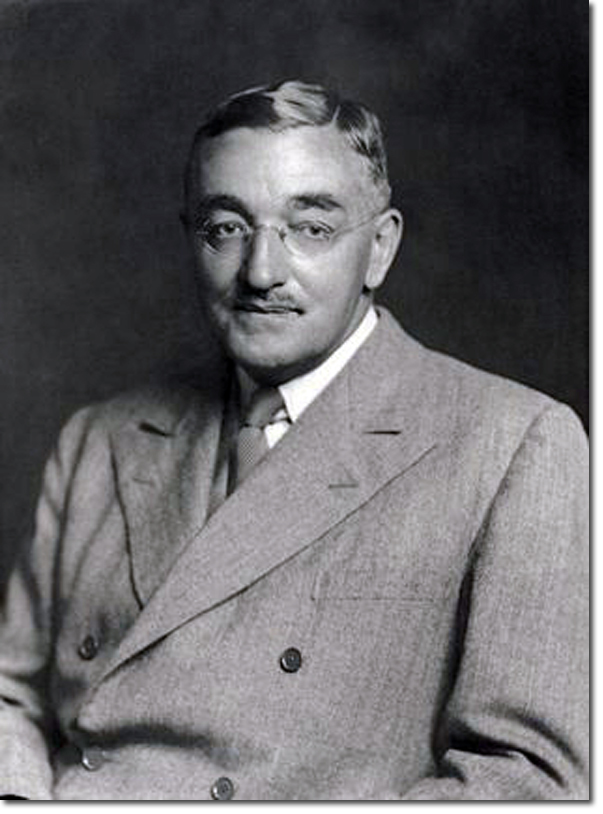|
|

Arthur Frederick Richards, 1st Baron Milverton

|
|
Arthur Frederick Richards returned to west Africa as governor of Nigeria in 1943. Exactly why Richards, with his reputation for firm leadership linked to a trenchant tongue and a name for no-nonsense administration, as his decisive government of Jamaica had shown, was selected for the sensitive Nigerian post is still not totally clear. He was known in the Colonial Office as 'the toughest governor of them all', and in Nigeria he earned the nickname Old Sinister.
Nigeria, whose size and complexity led Richards to describe it as more of an empire than a colony, was already beginning to prepare for the post-war world. With his usual thoroughness, Richards at once set his own stamp on the level of constitutional advance that he thought best. His dispatches home, on what became known as the Richards constitution, mastered the problems as he saw them and devised incisive solutions to what he believed the shape of politics in Nigeria should be. As Sir Hugh Foot, his chief secretary in Lagos, said of Richards's role in the constitutional plans, he 'often allowed his intelligence to overcome his delight in pretending to be a cynical reactionary' Whether Richards gave enough credit to the spadework undertaken by his predecessor, Sir Bernard Bourdillon, is a moot point; Richards himself found those ideas too imprecise to accept them as plans and, in the opinion of the former's biography, consigned them to oblivion with the characteristic minute 'R.I.P.'. Once again, he saw his role as one of action, and he was never loath to make up his own mind. This brought him into conflict with the emergent political class in Nigeria, who protested against what they called his 'obnoxious ordinances' as well as his refusal to consult Nigerians on his constitutional reforms (Richards later argued that in a country as divided as Nigeria, consultation would only have led to confusion). On the initiative of its leader, Nnamdi Azikiwe, the nascent National Council of Nigeria and the Cameroons sent a protest delegation to London, but the secretary of state paid them scant attention. In his classic study, James Coleman has pointed to Richards's 'special knack for antagonising the educated elements' and concluded that his appointment was an unfortunate one. In the event, the new constitution, envisaged to last nine years, was quickly replaced by Richards's successor, Sir John Macpherson. In retrospect, it is arguable how far Richards's plan to emphasize the essential unity of the country by fully involving the reluctant northern emirs in the constitutional process for the first time, while providing for its underlying diversity through the device of elected regional assemblies in addition to a strong central legislature (originally envisaged on a peripatetic basis, sitting in each regional capital), represented the limit of Nigeria's fragile unitary potential or the irrevocable first step in its subsequent history of creeping federalism. Richards left Nigeria in 1947. |
Nigeria | Nigeria Administrators
Armed Forces | Art and Culture | Articles | Biographies | Colonies | Discussion | Glossary | Home | Library | Links | Map Room | Sources and Media | Science and Technology | Search | Student Zone | Timelines | TV & Film | Wargames
